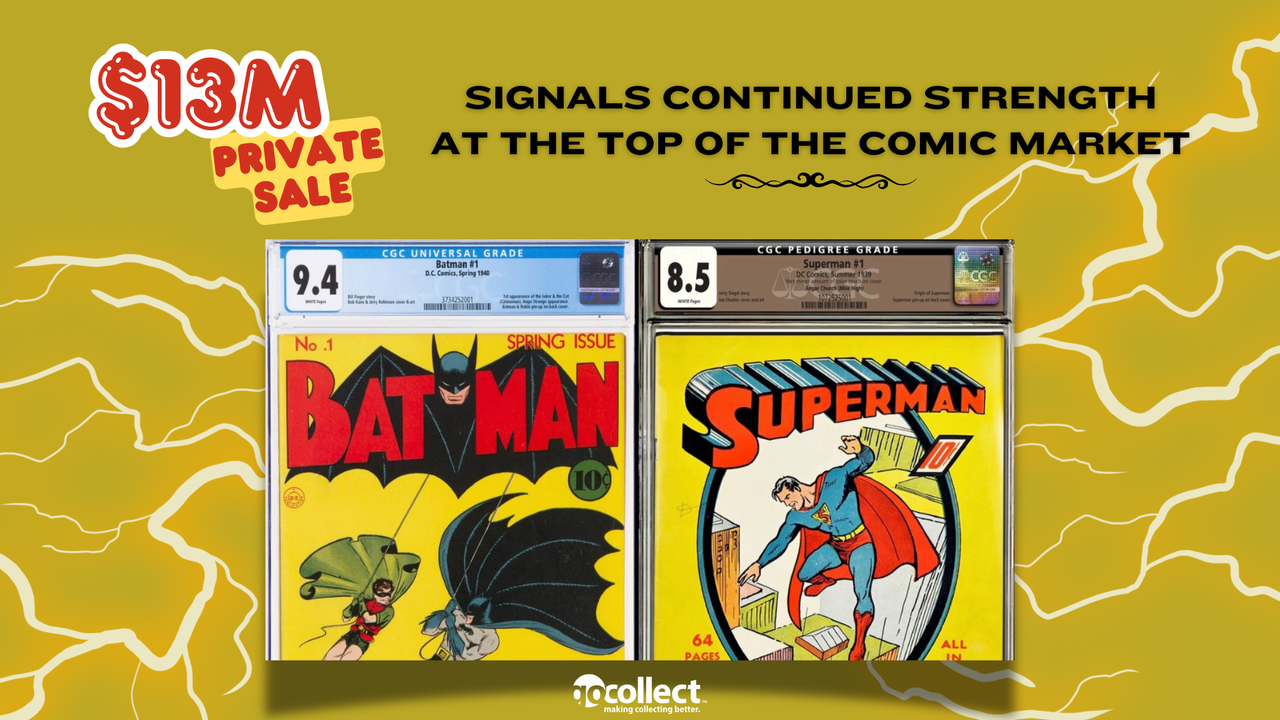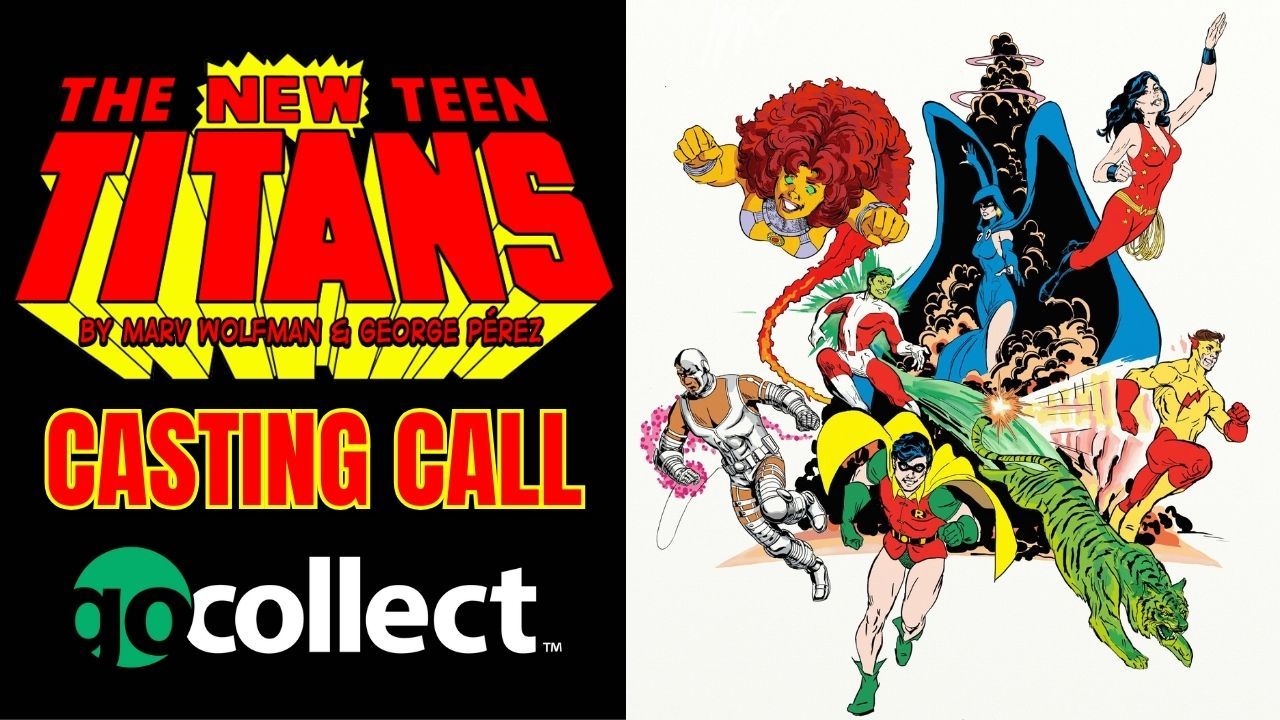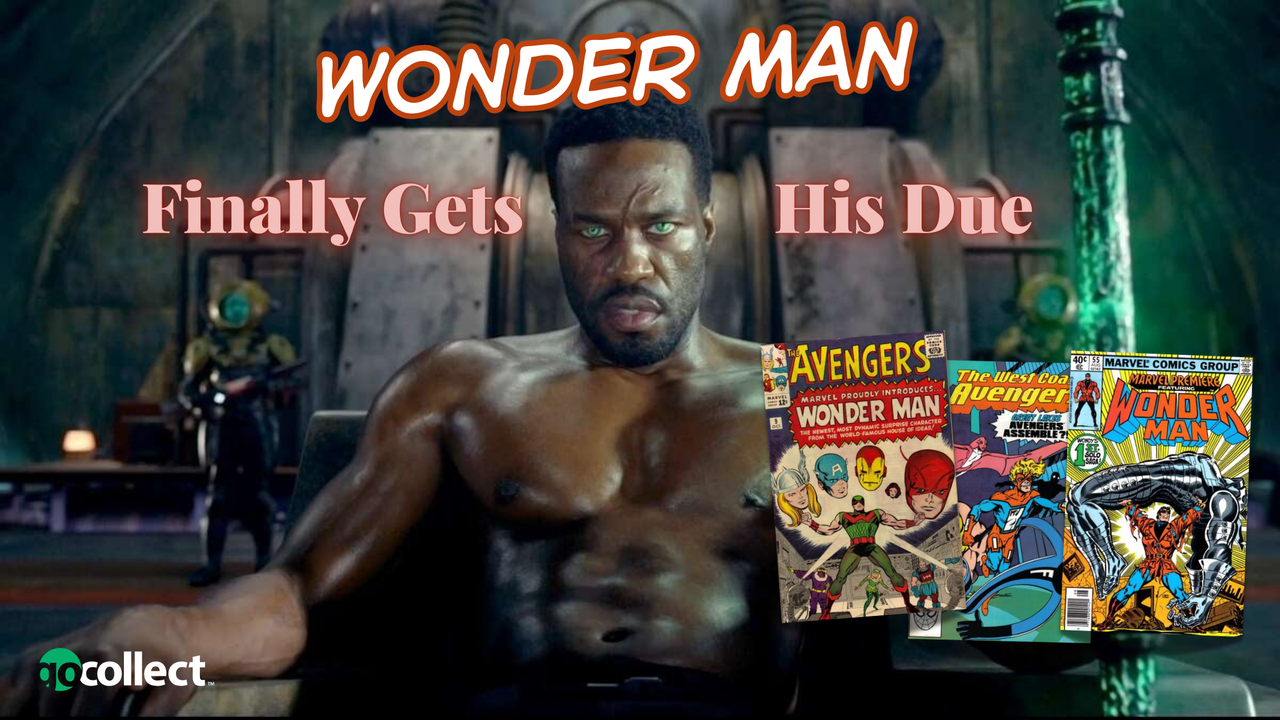 In comics, there is no such thing as dead. Sure, a character can be killed off, but they don't typically stay that way. In the end, those resurrection stories only tend to tarnish the character's legacy.
In comics, there is no such thing as dead. Sure, a character can be killed off, but they don't typically stay that way. In the end, those resurrection stories only tend to tarnish the character's legacy.
One of my favorite podcasts isn't comic related - it's a wrestling podcast. As I write this blog post, a quote from "Something to Wrestle with Bruce Prichard" comes to mind. To paraphrase (since I can't recall the exact wording): How can I miss you if you won't go away?
The context here is that Prichard was referring to the pop a wrestler generates when the crowd first sees him make his triumphant return to the ring. The same happens in comics, which is a primary reason why popular characters are killed off only to be brought back years - and sometimes only months - later.
From a business perspective, it makes sense. "Death of" stories are always popular, especially when it's an established character. Remember 1992's Death of Superman crossover? Supe's demise at the hands of Doomsday had been hyped for months, garnering mainstream media attention since it was the first time this iconic character had met his demise. By the time Superman #75 was published, it was an instant sell out.
But we all knew it wouldn't last. Even as a kid, I knew Superman would eventually crawl out of his grave, like a zombie from the Walking Dead.
This is the formula comic publishers have been following for decades. Take a major character whose star has faded, usually from market over saturation or just lack of original ideas. Then make a public announcement that said character will be taking a dirt nap for a while and promote that impending "death" for months. Next, the day comes for the character to die in heroic fashion (typically giving his/her life to save others). Give fans time to miss that character, and start a crossover event that brings the hero back to life with a new look. There is no better example of this than Wolverine.
I'm a huge Wolverine fan, and I have been since I began reading comics in the 1980s, but even I would rather Marvel have left him dead. For that matter, I didn't mind when the company was finally letting him die. Personally, I am a fan of 1982-circa Wolverine, and I never thought Hugh Jackman was the best choice to bring him to life. By 2014, Marvel had seemingly run out of good ideas for him, and he just wasn't the character I had embraced decades before, so it was time to let him go. Then Marvel and writer Charles Soule gave us "The Death of Wolverine," which inadvertently highlighted everything wrong with the modern Wolverine and gave him a lackluster sendoff.
Here we are four years later, and we're in the midst of "The Return of Wolverine," and we've got yet another cliche-riddled death/return cash grab. (Am I the only one who hasn't figured out why the editorial staff chose to give Wolverine heated claws? It's as useless as Superman's 1990s mullet.) This is why as an investor, it's a rule of thumb that you should never pump too much money into death and return comics. Publishers almost always cheapen these stories, and they rarely end up being worth much.



